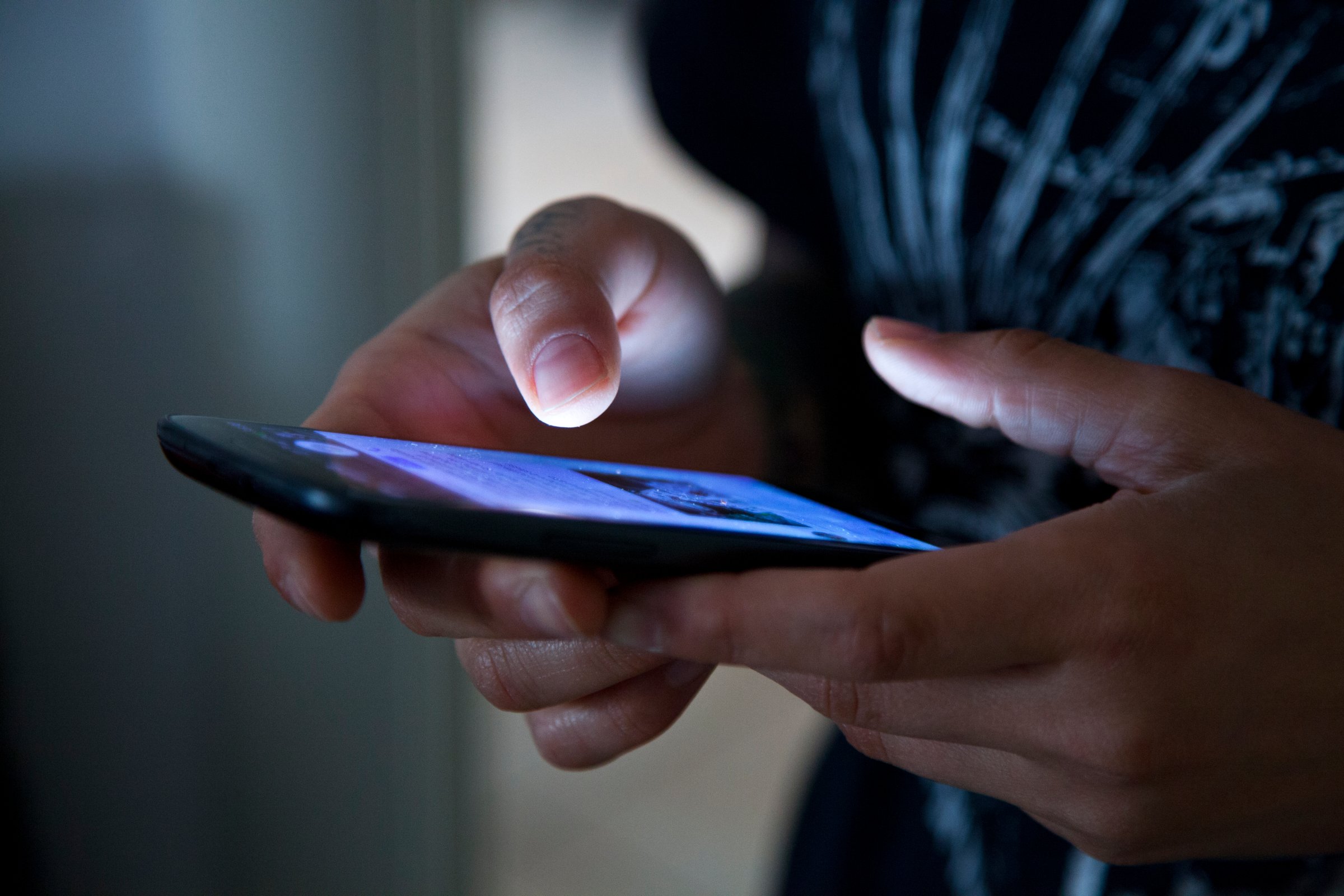
(WASHINGTON) — The U.S. National Security Agency collected more than 151 million records of Americans’ phone calls last year, even after Congress limited its ability to collect bulk phone records, according to an annual report issued on Tuesday by the top U.S. intelligence officer.
The report from the office of Director of National Intelligence Dan Coats was the first measure of the effects of the 2015 USA Freedom Act, which limited the NSA to collecting phone records and contacts of people U.S. and allied intelligence agencies suspect may have ties to terrorism.
It found that the NSA collected the 151 million records even though it had warrants from the secret Foreign Intelligence Surveillance court to spy on only 42 terrorism suspects in 2016, in addition to a handful identified the previous year.
The NSA has been gathering a vast quantity of telephone “metadata,” records of callers’ and recipients’ phone numbers and the times and durations of the calls – but not their content – since the September 11, 2001, attacks.
The report came as Congress faced a decision on whether to reauthorize Section 702 of the Foreign Intelligence Surveillance Act (FISA), which permits the NSA to collect foreign intelligence information on non-U.S. persons outside the United States, and is scheduled to expire at the end of this year.
Privacy advocates have argued that Section 702 permits the NSA to spy on Internet and telephone communications of Americans without warrants from the secret Foreign Intelligence Surveillance Court, and that foreign intelligence could be used for domestic law enforcement purposes in a way that evades traditional legal requirements.
The report said that on one occasion in 2016, the FBI obtained information about an American in response to a search of Section 702 data intended to produce evidence of a crime not related to foreign intelligence.
The report did not address how frequently the FBI obtained information about Americans while investigating a foreign intelligence matter, however.
On Friday, the NSA said it had stopped a form of surveillance that allowed it to collect the digital communications of Americans who mentioned a foreign intelligence target in their messages without a warrant.
Trump’s Allegations
The new report also came amid allegations, recently repeated by U.S. President Donald Trump, that former President Barack Obama ordered warrantless surveillance of his communications and that former national security adviser Susan Rice asked the NSA to unmask the names of U.S. persons caught in the surveillance.
Both Republican and Democratic members of the congressional intelligence committees have said that so far they have found no evidence to support either allegation.
Officials on Tuesday argued that the 151 million records collected last year were tiny compared with the number collected under procedures that were stopped after former NSA contractor Edward Snowden revealed the surveillance program in 2013.
Because the 151 million would include multiple calls made to or from the same phone numbers, the number of people whose records were collected also would be much smaller, the officials said. They said they had no breakdown of how many individuals’ phone records were among those collected.
In all, according to the report, U.S. officials unmasked the names of fewer Americans in NSA eavesdropping reports in 2016 than they did the previous year, the top U.S. intelligence officer reported on Tuesday.
The report said the names of 1,934 “U.S. persons” were “unmasked” last year in response to specific requests, compared with 2,232 in 2015, but it did not identify who requested the names or on what grounds.
Officials said in the report that U.S. intelligence agencies had gone out of their way to make public more information about U.S. electronic eavesdropping.
“This year’s report continues our trajectory toward greater transparency, providing additional statistics beyond what is required by law,” said Office of the Director of National Intelligence spokesman Timothy Barrett.
More Must-Reads from TIME
- Donald Trump Is TIME's 2024 Person of the Year
- Why We Chose Trump as Person of the Year
- Is Intermittent Fasting Good or Bad for You?
- The 100 Must-Read Books of 2024
- The 20 Best Christmas TV Episodes
- Column: If Optimism Feels Ridiculous Now, Try Hope
- The Future of Climate Action Is Trade Policy
- Merle Bombardieri Is Helping People Make the Baby Decision
Contact us at letters@time.com